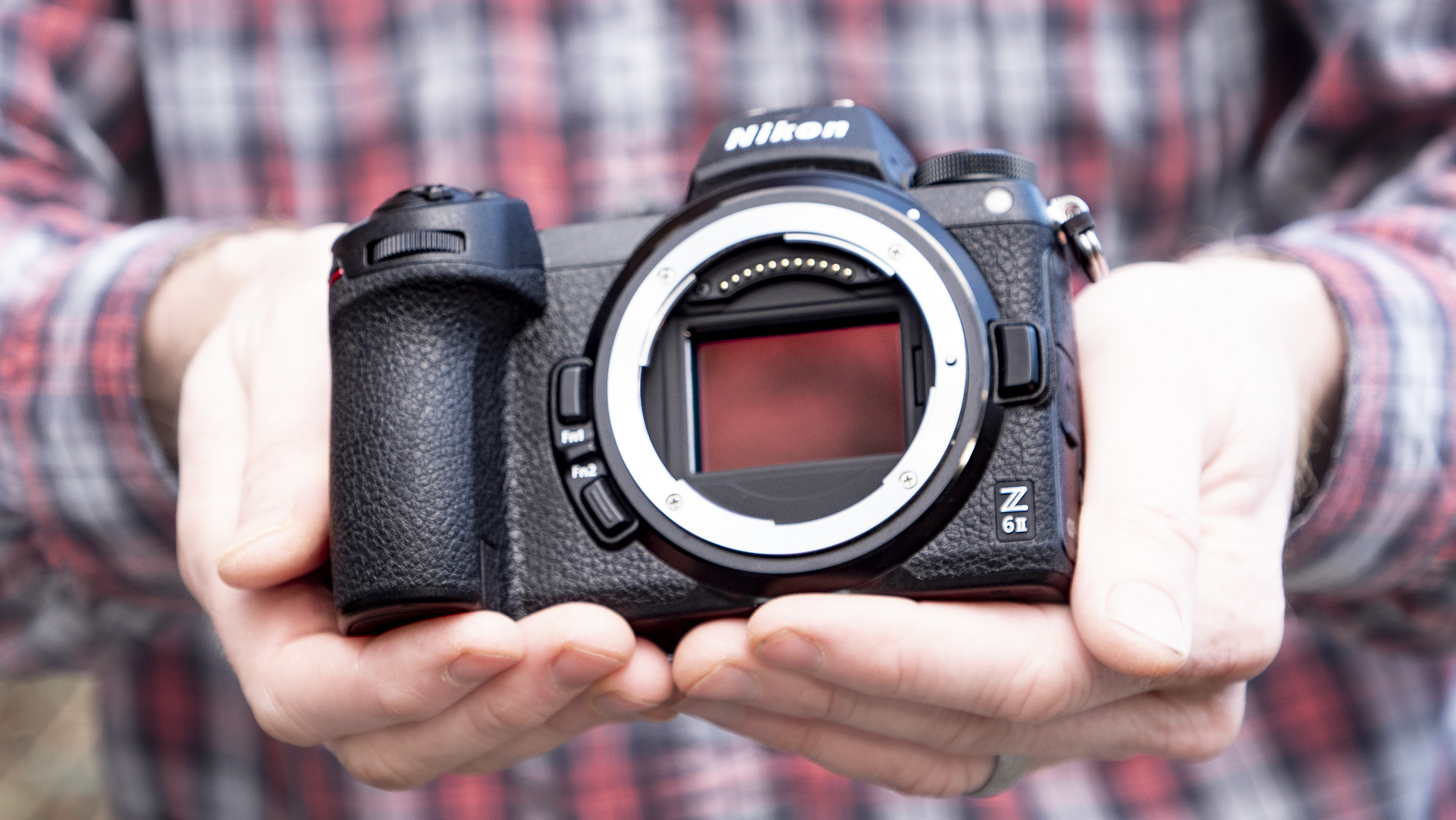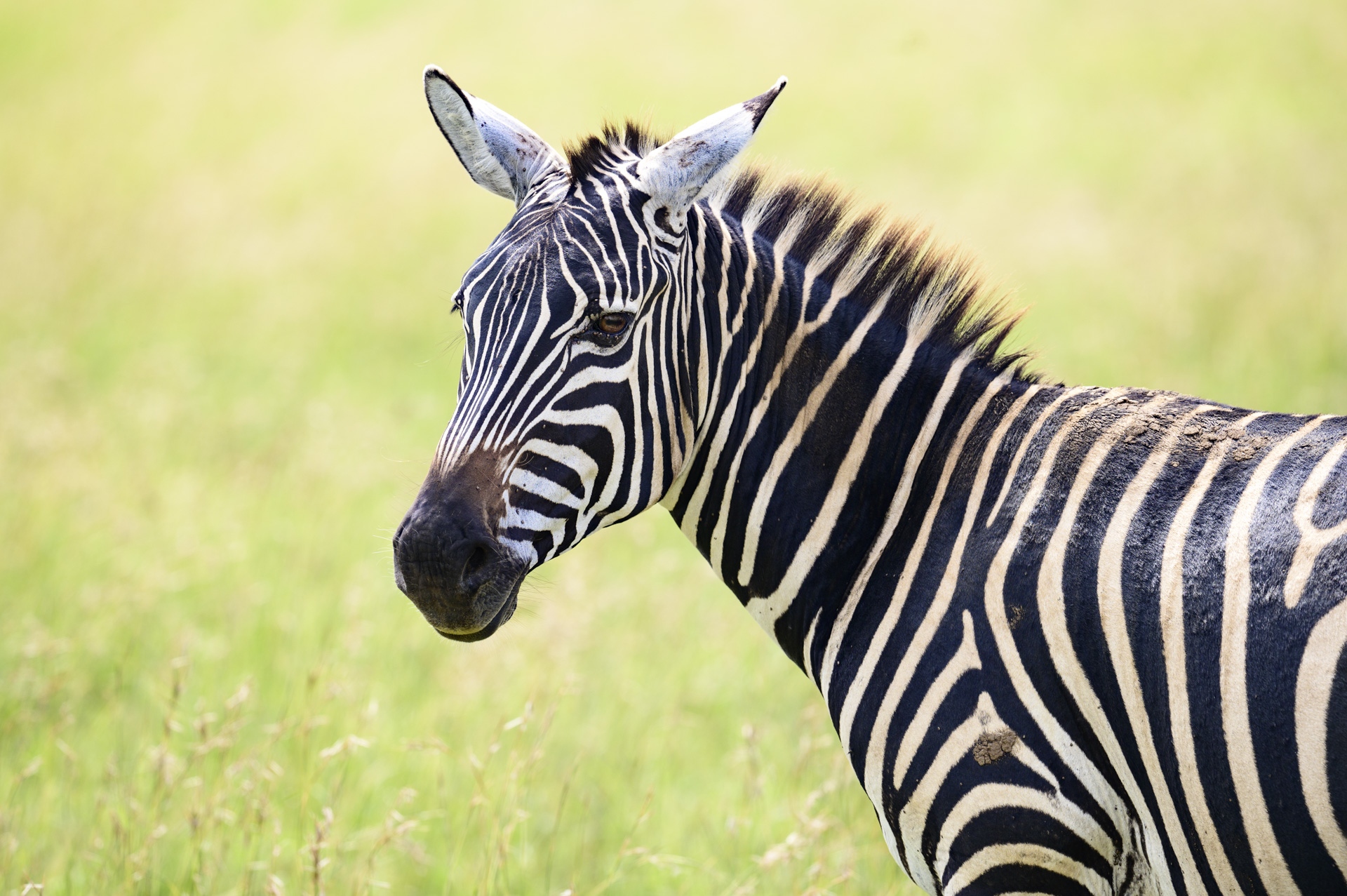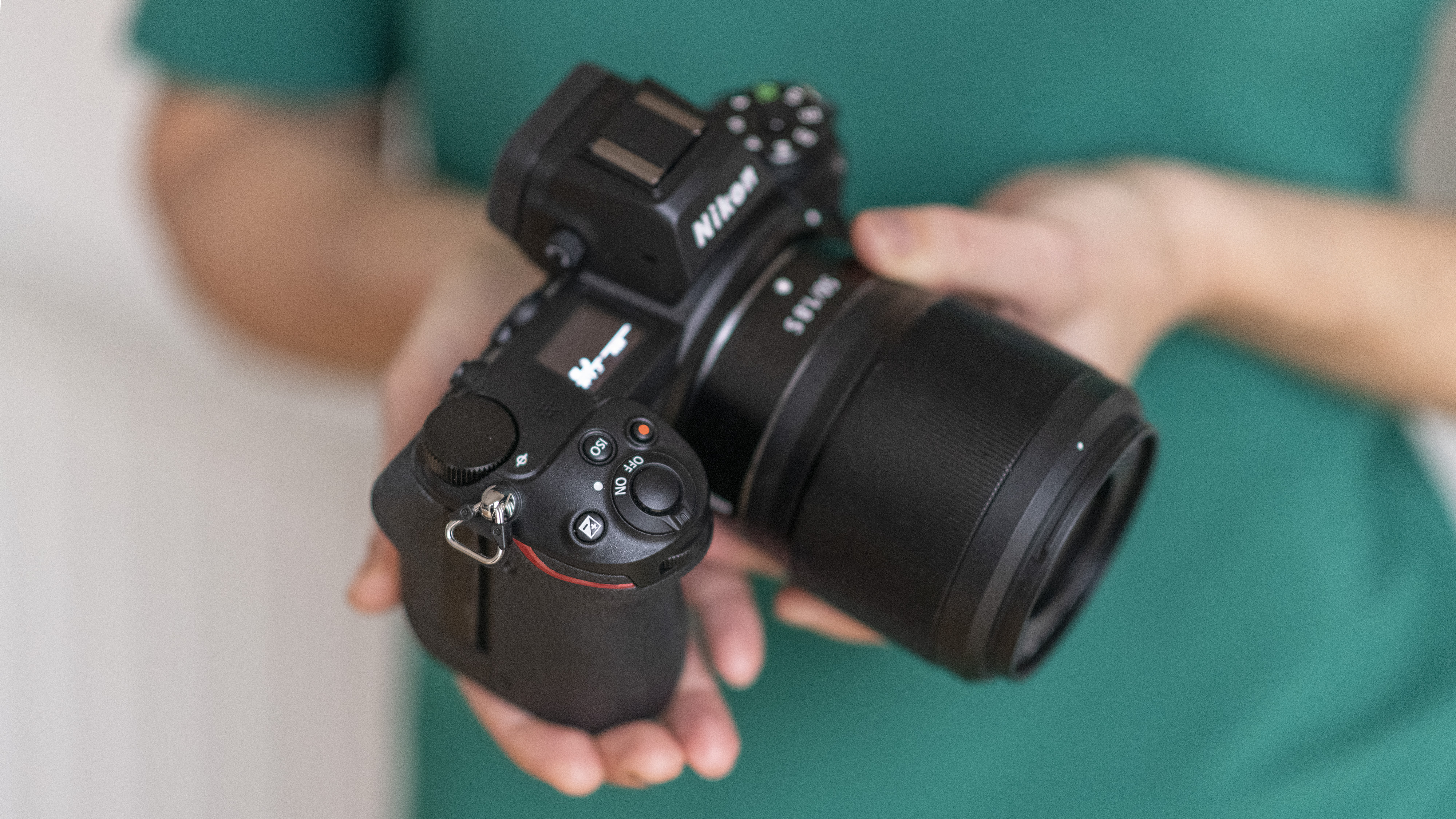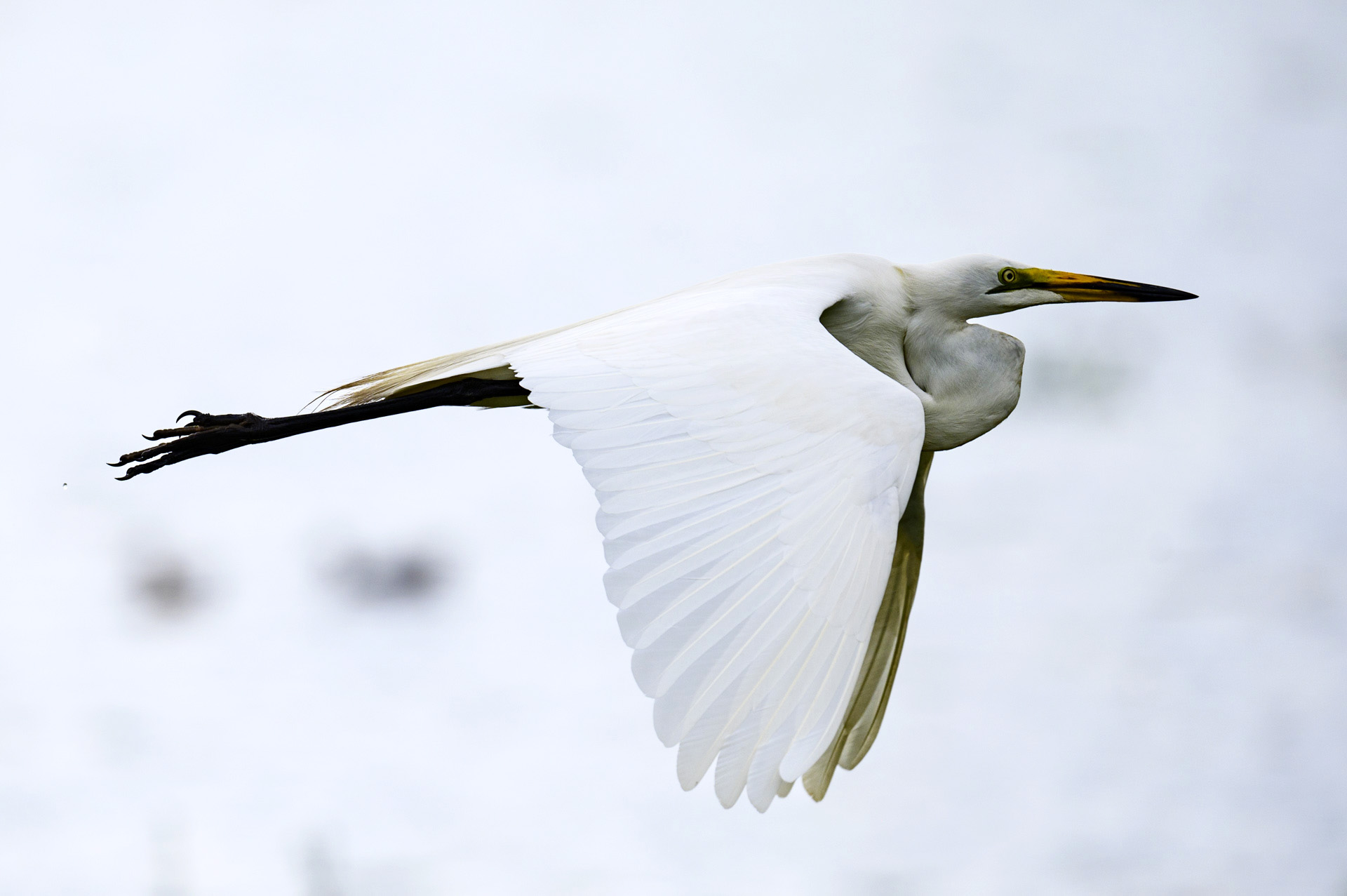I own a Nikon Z6 II and here's the 3 things I want from the rumored Nikon Z6 III
Do the rumored Z6 III specifications and my wishlist match up?

Sign up for breaking news, reviews, opinion, top tech deals, and more.
You are now subscribed
Your newsletter sign-up was successful
The full-frame Nikon Z6 II convinced me to finally upgrade from my Nikon DSLR in 2021 and it has been my go-to camera for personal and professional work ever since.
It’s proved to be a true all-rounder, delivering superb 24MP stills in good light and bad, and reliable eye detection autofocus for portraiture. Its powerful processor and rapid continuous shooting make light work of action sequences, while its video chops have seen me through single-person productions, especially as I opted for the ‘Essential Movie kit’ which comes with an Atomos Ninja external monitor.
Needless to say I’ve had a lot of hands-on time with my Z6 II and it remains one of the best mirrorless cameras today. However, it’s not perfect, and since its 2020 release new mirrorless cameras have brought new skills. Throughout pushing my Z6 II in various scenarios and testing the very latest tech as TechRadar’s Cameras editor, I’ve mentally logged a wishlist should Nikon ever update this mid-range full-framer.
Naturally, the recent rumors of an upcoming third-gen model have caught my eye. Has Nikon read my mind regarding improvements in what will likely be called the Z6 III? The following three improvements would make the most difference to my daily photo and video rigors.
1. More versatile subject detection autofocus

When I first used the Z6 II, I was super impressed by how effective its autofocus is, especially compared to my full-frame DSLR. For example, ‘Auto-area AF (people)’ provides reliable face detection and its quick toggle between left and right eye preference is super handy. However, the superb AF performance for people is not extended to photographing different subjects such as animals and vehicles.
Cameras like the Sony A7R V, OM System OM-1 and Nikon’s own Z8 and Z9 have since upped the game. AI-powered animal detection autofocus in the A7R V instills even greater confidence, detecting a wider range of subjects, even including animal eye AF. After shooting with those cameras and then going back to the Z6 II for a recent safari trip in Kenya, my own camera’s autofocus felt somewhat limited. I regularly needed to intervene with manual focus refinements and at times missed the moment.
Ultimately, it can be tricky to know which animals are being tracked by the Z6 II’s autofocus and if they are in focus or not. According to Nikon rumors, the Z6 III will have Nikon’s best subject detection autofocus yet, surpassing the Z8. It seems like my top wish could come true.
Sign up for breaking news, reviews, opinion, top tech deals, and more.
2. Design and handling tweaks

Nikon has perfected camera design over the years, and the Z6 II’s overall feel is top-notch for serious photographers. However, I do have a few snags. The Z6 II’s well-defined grip is comfortable in the hand, but the thumb grip doubles up as the battery card door and it pops open too easily – I fear snapping it off altogether.
Its tilt-touchscreen is fine and its touch function covers all bases, but personally, I would rather the versatility of a vari-angle LCD. I find the EVF gets in the way of the tilt screen when I’ve extended it for shooting at low angles. And not that I’m in the numbers game, but while we’re on the EVF its 3.76m-dot resolution is a tad underwhelming.
The rumored third-gen model is reportedly going to have the design cues of the Nikon Z8 which would address those issues. However, the obvious downside going down that route is a physically larger and heavier camera, and I think the Z6 II has a decent form factor already – more in line with rival models. I’m hoping Nikon can refine the design without adding much to the size and weight.
3. Improved speed

Apparently, the Z6 III will use a ‘faster’ 24MP full-frame sensor than the Z6 II. Not a stacked sensor like in the Z8 (which would push the price up way above $2,000/£2,000 that the Z6 II retails for), but a faster one. That’s pretty vague but presumably refers to sensor readout speed and would be a boon for action photography and high-resolution video, for which the Z6 III will now offer 6K 60p in N-Raw and 4K 60p in ProRes Raw, or a cropped 4K 120p.
For photos, I don’t mind the Z6 II’s lower resolution compared to a TechRadar favorite the 33MP Sony A7 IV, especially as it has such good performance for continuous shooting with twin Expeed 6 processors. That performance is only going to get better with the reported use of the latest Expeed 7 processor and up to 20fps. I’d hope if the resolution remains at 24MP that the Z6 III could shoot at that quicker rate for as long as you like without slowing down, and without fast-moving subject distortion. In short – the Z6 III could become the Nikon speed machine. If there's no speed improvement, I'd hope for a bump in resolution instead. What excites me more than faster frame rates though, is improved in-body image stabilization, which is reportedly going to be the same as the Nikon Z f which has up to 8EV.
Rumors indicate a disappointing price hike, to around $2,500/£2,500. Perhaps there will be decent improvements, but early signs are that the Z6 III will repeat the Z6 II by refining the model it replaces. Nothing groundbreaking, but those incremental improvements could be what I’d hope for and potentially worth an upgrade.
You might also like

Tim is the Cameras editor at TechRadar. He has enjoyed more than 15 years in the photo video industry with most of those in the world of tech journalism. During his time as Deputy Technical Editor with Amateur Photographer, as a freelancer and consequently editor at Tech Radar, Tim has developed a deeply technical knowledge and practical experience with cameras, educating others through news, reviews and features. He’s also worked in video production for Studio 44 with clients including Canon, and volunteers his spare time to consult a non-profit, diverse stories team based in Nairobi. Tim is curious, a keen creative, avid footballer and runner, and moderate flat white drinker who has lived in Kenya and believes we have much to enjoy and learn from each other.